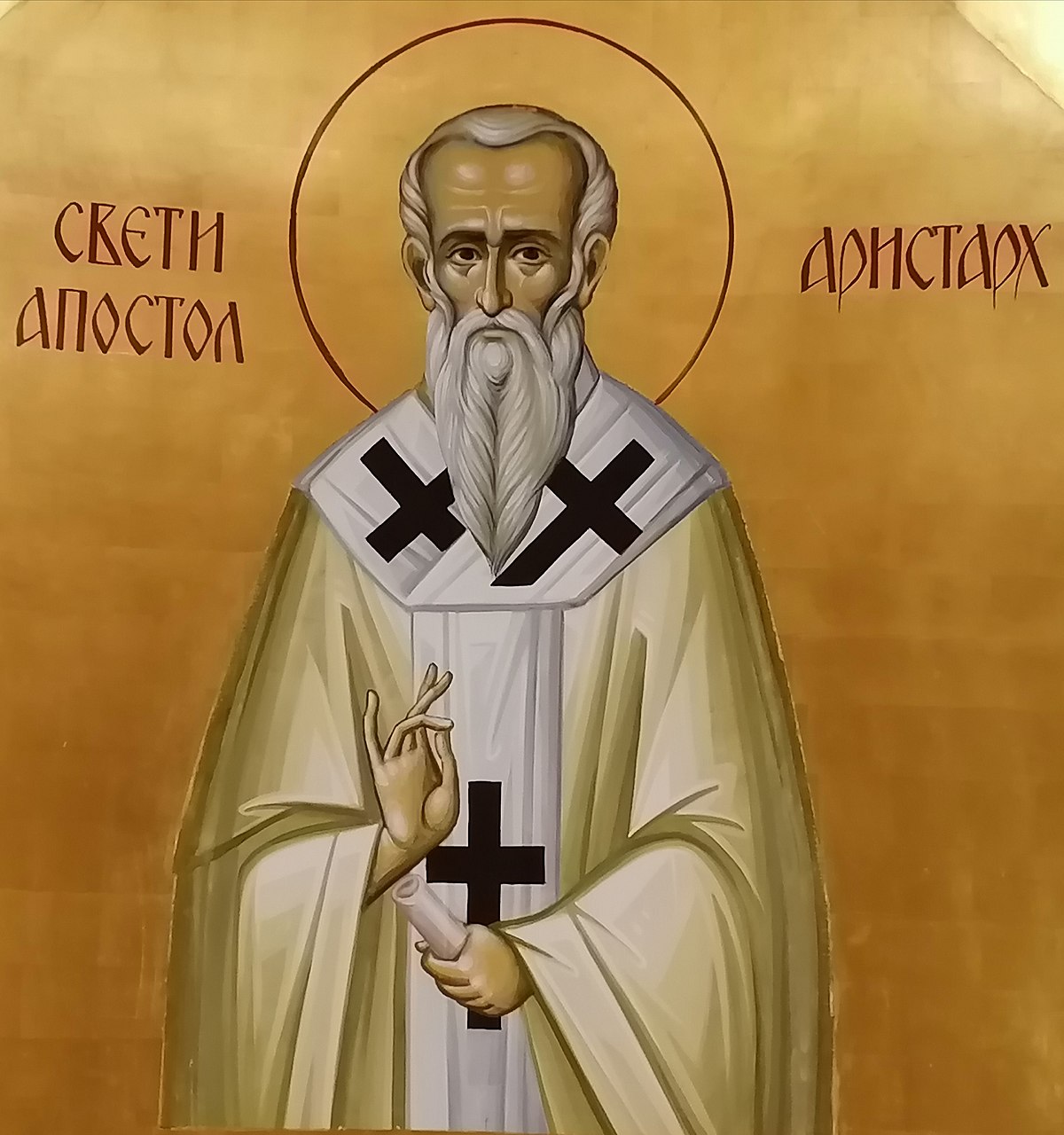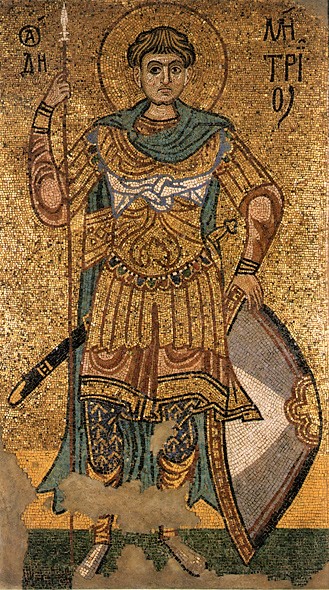Originally posted by Redsun
View Post
The 1910s were not 1850s, so a Christian would officially and legally count in the Bulgarian or Romanian Church etc. It is certain that someone who joined Bulgarian Exarchate is a Bulgarian or a pro-Bulgarian or (from your point of view) an ethnic-Macedonian. He couldn’t be a Greek. On the other hand you can still find Slavophones and some Vlachs among the Greeks of the Patriarchate (the ones you often call Grecomaniacs). All the above have to be considered in the censuses and the political alliance of people.
Originally posted by makedonche
View Post
Furthermore, Thessaloniki was (in comparison) a smaller city. It now has multiplied by 5 or 6. It lost Jews and Muslims which were about 70% of its’ original (prior 1912) population. Thus, now it’s difficult to trace old Thessalonians who were here before 1912. They would be less than 5-10% of the current population.
Originally posted by George S.
View Post
====



Comment